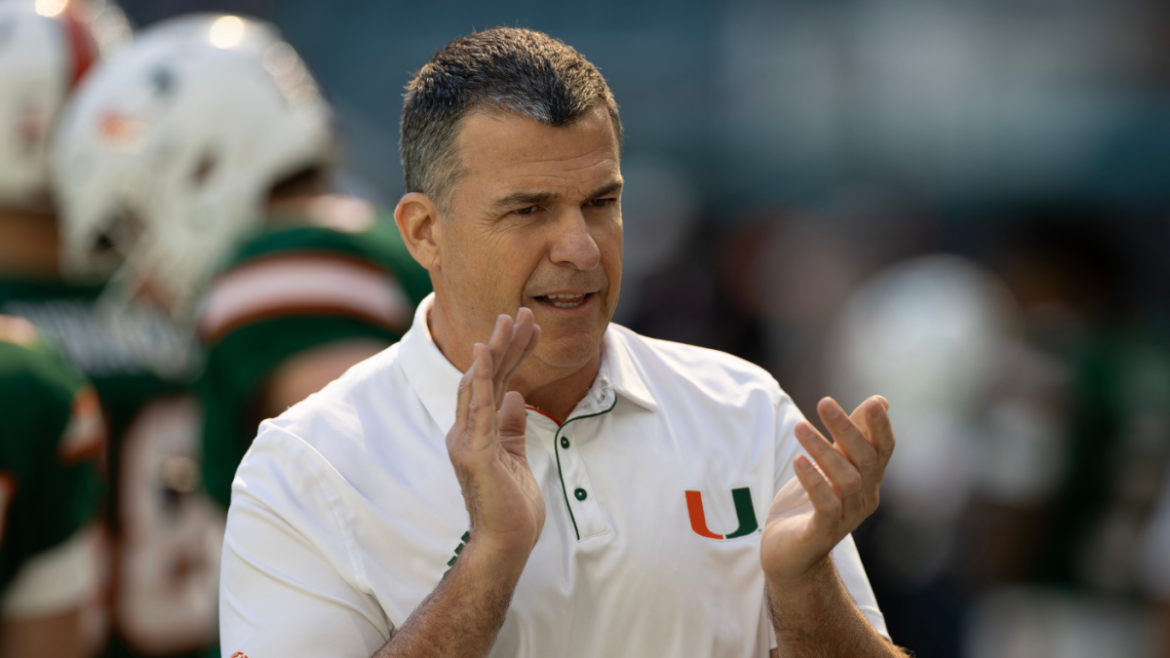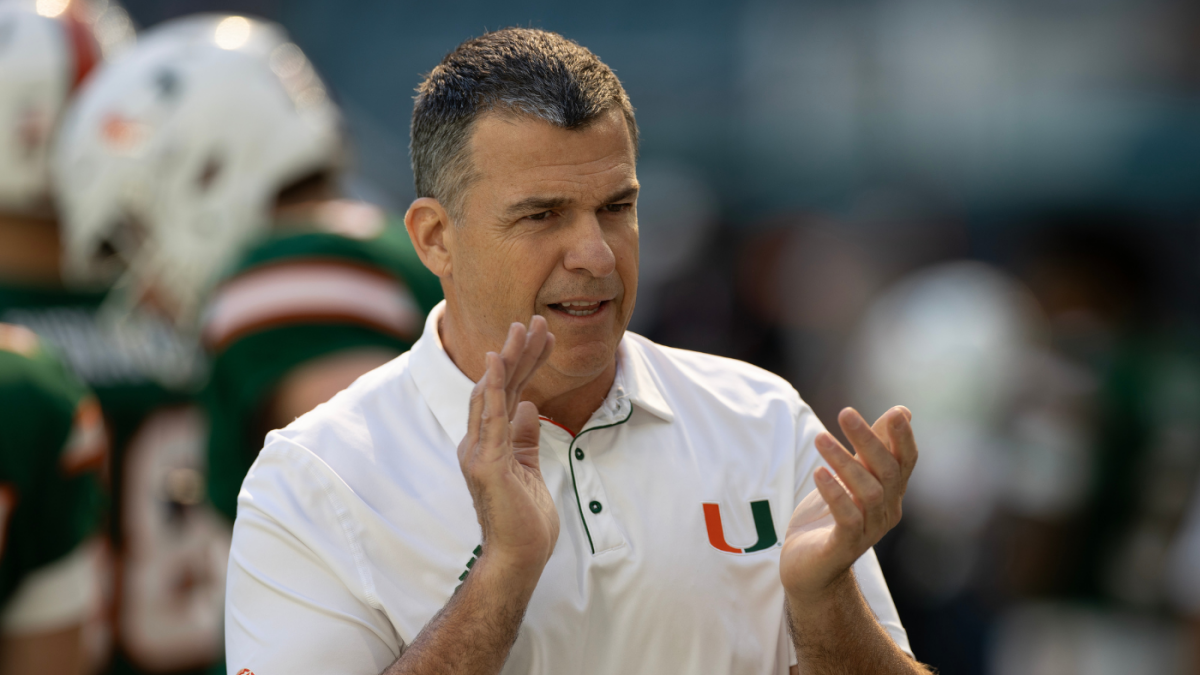The Complex Landscape of Mario Cristobal’s Tenure at Miami: An Analytical Overview
Mario Cristobal’s coaching journey with the Miami Hurricanes has ignited a whirlwind of commentary, ranging from fierce fan support and motivational leadership to sharp criticism and media scrutiny. A detailed exploration of the coverage and discourse surrounding Cristobal reveals a multifaceted leadership style, the volatile nature of collegiate sports culture, and the broader implications of managing a high-profile program under intense pressure.
Cristobal’s Leadership Style: Confidence and Candor
Throughout the reports, Cristobal often emerges as a head coach who refuses to shy away from confrontation—whether dealing with critics, opposing teams, or internal challenges. His blunt dismissal of noise and critique, especially regarding Miami’s roster investments or tampering accusations, signals a leadership approach grounded in confidence and resilience. For example, the coach “shrugs off criticism, narratives about his high-priced roster” and “isn’t buying into the drama surrounding college football tampering,” positioning himself as a focus-driven figure prioritizing team performance over external chatter.
Further, his behavior post-victories, such as the pointed trash-talking after a commanding win over Florida, underscores a competitive fire and unwillingness to temper emotion. While some interpret this as disrespectful, it also reflects a coach deeply invested in rivalries and team morale, leveraging psychological momentum.
Navigating Media and Public Criticism
Cristobal’s tenure has been marked by significant critique, both from the media and fans. The coverage details moments of setback: an “upset loss to Syracuse,” fans and media “slamming” Cristobal after losses, and NFL analyst Emmanuel Acho’s pointed criticism regarding decisions made by players under his leadership. These moments illustrate the razor-thin margin for error within high-stakes college football programs, especially one as storied as Miami’s.
Additionally, Cristobal’s regret over game management decisions, such as the “no-kneel meltdown,” shows a degree of accountability amidst the criticism, though it contrasts with his usual combative stance. This dynamic highlights the precarious balance coaches must strike between confidence, humility, and adaptability.
Recruitment and Roster Management: The High Stakes of Building Talent
Cristobal’s intense offseason activity, including acquiring talents through both high school recruits and the transfer portal, reflects a proactive strategy to build competitiveness. Yet, it also opens him and the program to scrutiny regarding financial expenditure and alleged tampering, demonstrating the complex regulatory and ethical frameworks college football programs navigate today.
This pursuit of talent is juxtaposed against the challenges faced by his players, as seen in the controversy surrounding quarterback Cam Ward’s early opt-out decision. Cristobal’s defense of his players amid external criticism suggests a protective leadership dimension, crucial in maintaining team cohesion.
The Broader Implications: Leadership under Pressure
Mario Cristobal’s experience at Miami encapsulates the modern pressures of collegiate athletics—coaches are expected to be strategists, mental motivators, public figures, and ethical leaders simultaneously. The spectrum of reactions to his decisions—ranging from supportive to scathing—reflects broader tensions in sports culture about accountability, competitiveness, and respect.
His contrasting responses—from dismissing criticism to acknowledging mistakes—provide a case study in leadership adaptability. While his fiery style energizes the program, it also courts controversy, creating an atmosphere both demanding and unforgiving.
Conclusion: Navigating the Storm with Fortitude
Mario Cristobal’s time with the Miami Hurricanes is emblematic of a high-profile coach operating in an environment where every decision and word carries amplified consequence. His bold leadership, willingness to confront criticism head-on, and determined talent cultivation have propelled the team through thrilling victories and disheartening defeats alike.
This ongoing narrative serves as a vivid reminder that in the realm of college football, success is as much about navigating external pressures and public perception as it is about on-field performance. Cristobal’s journey underscores the complexities of coaching at the pinnacle of collegiate competition—where resilience, candor, and strategic vision must coexist amid the relentless scrutiny of fans, media, and rivals.





